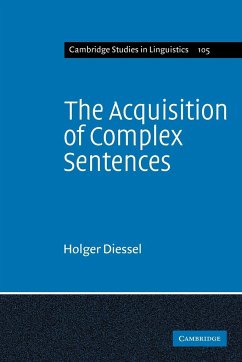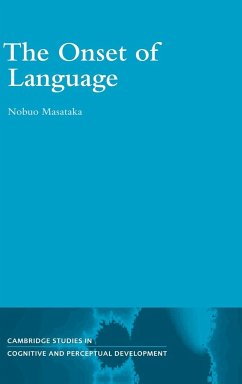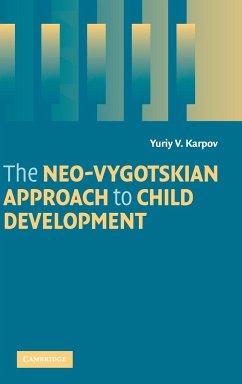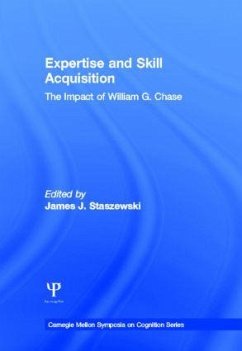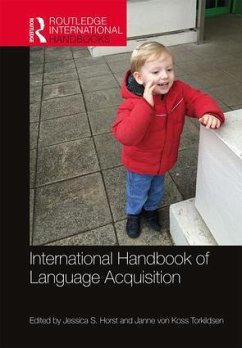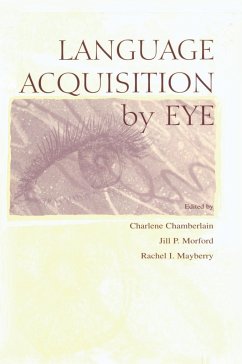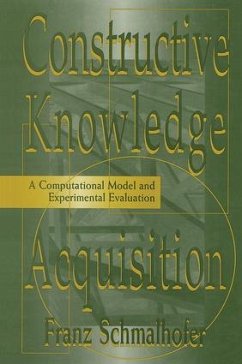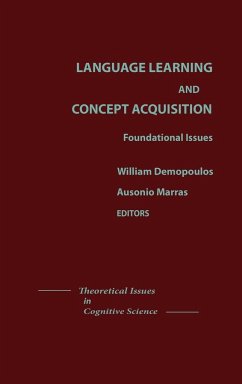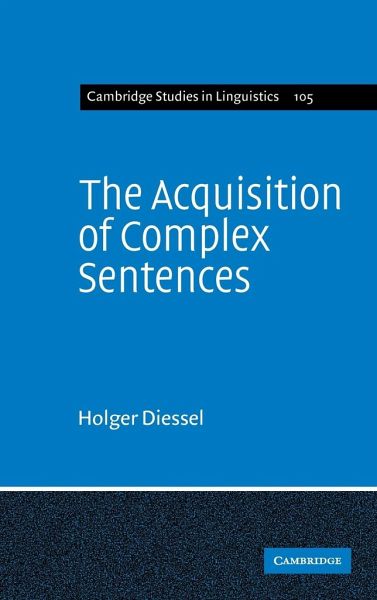
The Acquisition of Complex Sentences
Versandkostenfrei!
Versandfertig in 1-2 Wochen
118,99 €
inkl. MwSt.
Weitere Ausgaben:

PAYBACK Punkte
59 °P sammeln!
This book presents a comprehensive study of how children acquire complex sentences. Drawing on observational data from English-speaking children aged 2 to 5, Holger Diessel investigates the acquisition of infinitival and participial complement clauses, finite complement clauses, finite and nonfinite relative clauses, adverbial clauses, and coordinate clauses. His investigation shows that the development of complex sentences originates from simple non-embedded sentences and that two different developmental pathways can be distinguished: complex sentences including complement and relative clause...
This book presents a comprehensive study of how children acquire complex sentences. Drawing on observational data from English-speaking children aged 2 to 5, Holger Diessel investigates the acquisition of infinitival and participial complement clauses, finite complement clauses, finite and nonfinite relative clauses, adverbial clauses, and coordinate clauses. His investigation shows that the development of complex sentences originates from simple non-embedded sentences and that two different developmental pathways can be distinguished: complex sentences including complement and relative clauses evolve from simple sentences that are gradually expanded to multiple-clause constructions, and complex sentences including adverbial and coordinate clauses develop from simple sentences that are integrated in a specific biclausal unit. He argues that the acquisition process is determined by a variety of factors: the frequency of the various complex sentences in the ambient language, the semantic and syntactic complexity of the emerging constructions, the communicative functions of complex sentences, and the social-cognitive development of the child.





